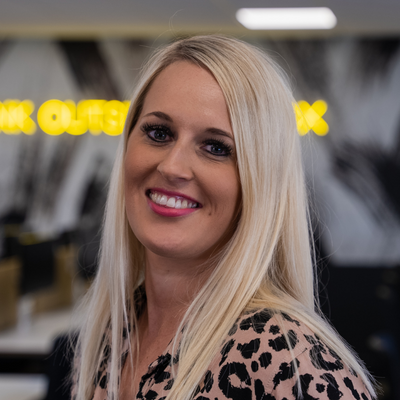
What’s the Difference Between an Accountant and Chartered Accountant?
02 May, 20231-2 minutes
If you’re unsure about the difference between an Accountant and a Chartered Accountant, you’ve come to the right place. In our latest insightful guide, we delve into what an Accountant does, how to become a Chartered Accountant, and how to apply for the latest Accountant jobs in the industry.
What is an Accountant?
An Accountant may have had formal training but they will not hold professional accreditation. An Accountant will provide day-to-day services such as invoicing, preparing tax returns, account analysis and auditing financial information.
What is a Chartered Accountant?
A Chartered Accountant will typically be more qualified as they have studied accounting to a higher level and gained valuable professional experience. They’re also members of a professional body such as the Chartered Institute of Management Accountants (CIMA). Members of the CIMA are expected to follow a strict professional code of conduct.
Due to their in-depth knowledge, Chartered Accountants are in a position to advise on complex or detailed financial matters. This could include insolvency, securing finance for mergers, cash flow forecasting, or forensic accounting to support litigation into commercial fraud.
Once qualified, a Chartered Accountant can become a member of either the Institute of Chartered Accountants in England and Wales (ICAEW) or the Association of Chartered Certified Accountants (ACCA). Chartered Accountants also undertake ongoing Continuing Professional Development (CPD) to ensure their knowledge is up to date and their competence is of the highest order. Chartered Accountants are often covered by indemnity insurance too.
These levels of qualification and certification are the main difference between an Accountant and a Chartered Accountant.
How do you become an Accountant?
“Accountant” is a fairly broad term and there is no legal definition of what the responsibilities of an Accountant are. To become an Accountant, you could study through a number of different academic courses or you could acquire the title by building knowledge on the job over a number of years. Both Accountants and Chartered Accountants must adhere to the Financial Reporting Council’s (FRC) Corporate Governance and Stewardship Codes.
How do you become a Chartered Accountant?
Another main difference between an Accountant and a Chartered Accountant is the steps you must take to become chartered. To become a Chartered Accountant, you must intensively study, complete a series of demanding exams, and gain up to five years of professional experience working within a firm of Chartered Accountants to gain professional accreditation.
Due to the hard work, years of training and increased responsibilities of being a Chartered Accountant, you can command a much higher salary than that of an accountant.
Searching for your dream Accountant job?
If you’re searching for your dream Accountant job, why not take a look at all the latest job vacancies available with Spencer Clarke Group now?
Alternatively, why not reach out to one of our specialist consultants who can advise on upcoming positions? We work with hundreds of accountancy practices all over the UK on a range of different positions.
Got an interview lined up? Check out our top accountant job interview tips now.
Who is Spencer Clarke Group?
Since 2017, we've been changing the face of recruitment. From our employees, to the way we do business, to the culture within our office, we're determined to make a difference and create a positive impact on everyone around us.
Recruitment to us isn't just about matching candidates and clients; we’re passionate about finding candidates the perfect job which has the ability to boost their salary and standard of living, better their work life balance and improve their mental health.
Similarly, we understand the impact which an experienced and skilled employee can make to a business and we love seeing clients thrive through the hard work of candidates which we have placed with them.
We operate in two sectors:
In eleven specialisms:
Healthcare, Social Care & Nursing
Corporate Functions & Business Support
Planning, Development & Regeneration
Highways, Infrastructure & Engineering
If you’re searching for a new role, why not visit our job page to take a look at the latest opportunities? Alternatively, upload your CV and one of our experienced consultants will contact you when a relevant opportunity becomes available.
If you’re struggling to fill a role, why don’t you give us a call on 01772 954200 to see how we can help? One of our consultants will be happy to listen to the challenges which you are facing and advise on the best possible solution for you.



